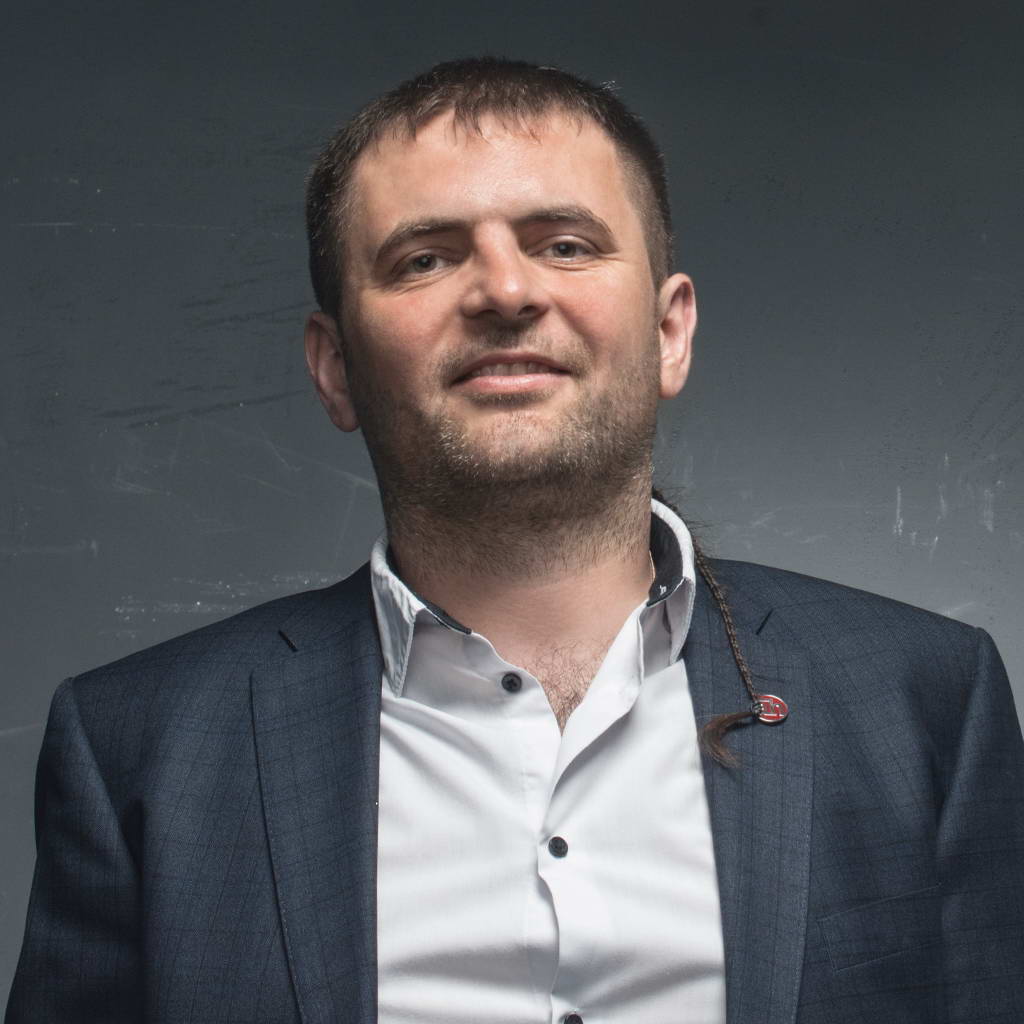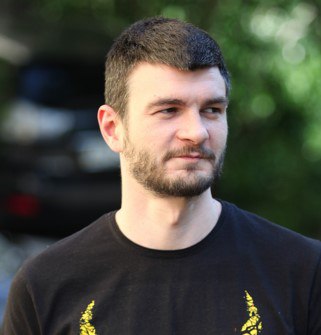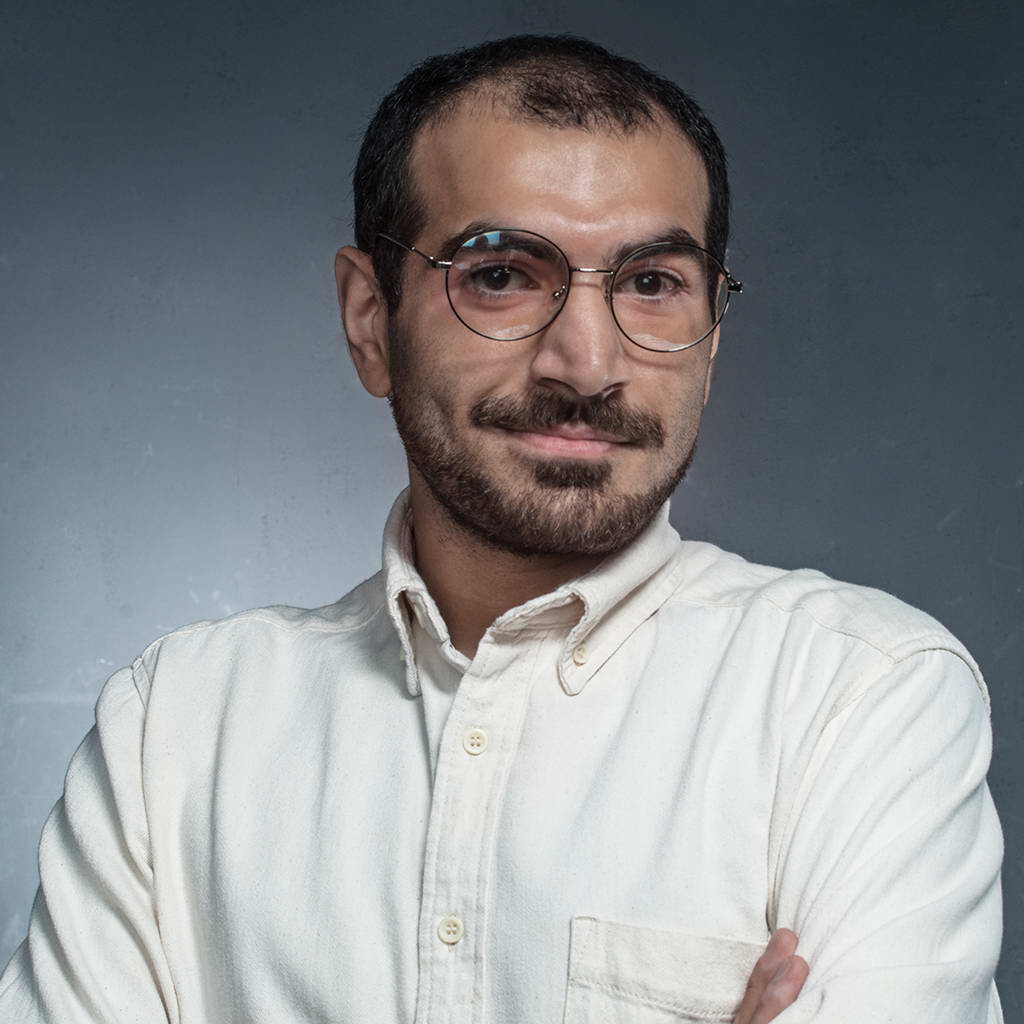How to not get lost as a local brand among international giants and become even better
*for readers from Uzbekistan
Any market is a mixture of local and international brands that are represented in this market. A fact is known to everyone, but let's take it again.
Who are "locals"?
These are brands that deeply understand the internal context and assemble their products based on that context. For example, they produce ayran, which Uzbeks love, and which this dairy product is oriented towards if we are talking about the market for traditional dairy products in Uzbekistan. Is that cool? Absolutely. And also authentic. But is it good for an internal brand to be immersed only in the local context? That's the question! Let's talk about it."
But for now, we are moving towards international giants. Who are they?
These are brands that operate in the same field as the local brands mentioned above, but they have worldwide recognition, expertise, and most importantly, a wealth of research to draw on. Accordingly, they are capable of successfully implementing global experience in the country where the brand "lives".
When preparing the launch of any product, there is an issue with assembling the marketing of the product. Every brand, both local and international, will agree with this.
And here we suggest digging deeper into philosophy, specifically into Gödel's.
The outstanding logician and mathematician of the 20th century, Kurt Gödel, at some point, makes a statement that later became known as "Gödel's incompleteness theorem", which in simple terms sounds like this: "You cannot understand what is outside the mathematical system while being inside the function of this system."
We translate this theorem to our market of traditional dairy products in Uzbekistan, and we get the following:
You are a cool, local dairy brand. You are great at producing a specific product that people know and love in the domestic market of your country. But the very same people also love Hollywood, watch American and European series, where one or another brand flashes every 10 minutes. These people also look at the shelf with big (international) brands that stand on this shelf next to your product. And here the story can unfold that you can be as cool as you want, but you may not be perceived just because you are only in an internal context.
Here you might want to argue, for example, that there are local brands that surf trends, study marketing cases, and have expertise. But is this enough? After all, it is necessary to have research and your own personal experience, as well as the ability to see your market from the outside. This is precisely what Gödel's theorem is talking about.
Being inside the context is super important. But it is also important to bring global expertise into this context. And also to clearly realize that it is possible that someone has already successfully passed the path that you have set for yourself as a task and has certain knowledge of how to go along it.
For example, today people love milk, but tomorrow they will love it a little skimmed because there is a European trend for skimmed milk. And we know for sure that this trend will come to Uzbekistan, but how many and what kind of skimmed products "didn't take off" and what caused their failure - always remains beyond the scope of articles and releases.
The same goes for visual trends.
For example, there comes a time when all international dairy brands change based on global trends. And you don't change. There is a problem: you are a local and very cool, but at the same time, you are a "white crow" who did not change with those who changed. And the reason is that you just didn't know they would start to change.
This is the essence of a global perspective. This approach in marketing is called "glocal," and it sounds like this: "Think global - adapt local."
It's about being cool and important to be an internal expert, even keeping up with trends, but that's very little in absolutely any market in any country today.
Who thinks "glocal"?
There are a number of agencies that know how to do this, that is, have global expertise and know how to localize it. They have experience, research, and practice in implementing global trends that international giants think of, bringing them to the territory of your brand, and adapting them to you while adhering to localization conditions. Simply put, they overlay world experience on internal experience and get an improved balanced picture. So that these trends in the internal market are not perceived as something completely foreign.
It is logical to include specifics here and further discuss the example of a local Uzbek brand.
For example, the Uzbek milk brand Musaffo set the task of restyling the range of traditional dairy products. To implement the project, the brand team worked with Brain Tank agency, which has high expertise in the milk market and experience working with international brands, and, accordingly, global vision and understanding of world trends. We are talking about a foreign creative marketing communications agency that was attracted. And also about the "glocal" approach, which was applied in the specific case.
As we remember "think global - adapt local", so we understand that it's not enough to approach things only from a global perspective - it needs to be localized. How? For example, by bringing in a separate unit to the project team that will play the role of a localizer: understanding the language, traditions, and boundaries that cannot be crossed.
This kind of inclusion makes communication between the brand team and the agency team clear because they speak the same language.
Why is this kind of business collaboration good? In three points:
- Expertise in the local market is great. But it's not enough! It needs to be coordinated with global expertise to take the product to the next level.
- This brings fresh new ideas supported by experience and data to the local brand. Without outside energy, there is no evolution. It's good and right to have an understanding of your market but to be first, you need to learn from global experience and bring in new innovation - this is what collaboration with someone outside can provide.
- Global expertise, when properly combined with localization, doubles the brand's efforts to achieve results.
Returning to the question in the title "How to not get lost as a local brand among international giants and become even better", the answer is to think glocal. And to do this with those who can give your internal brand development through understanding global world processes.














